Barriers from practice
At the conference on "Disseminating legal policies on economical and efficient use of energy, responding to climate change" on the afternoon of September 25 in Hanoi, Mr. Pham Thanh Trung - Deputy Director of the Legal Department ( Ministry of Industry and Trade ) emphasized that climate change is having a profound impact on all aspects of life. Vietnam's commitment at COP26 on the goal of achieving net zero emissions by 2050 has raised urgent requirements for a fair and sustainable energy transition.
"Thanks to the participation of the entire political system and community, the work of using energy efficiently has achieved many positive results, spreading through movements such as green buildings and efficient lighting," Mr. Trung acknowledged.
However, Mr. Trung also frankly pointed out the major challenges that Vietnam is facing. There are still difficulties in investment costs, lack of suitable financial models, unsynchronized energy management capacity, and especially, social awareness in some places is still limited.
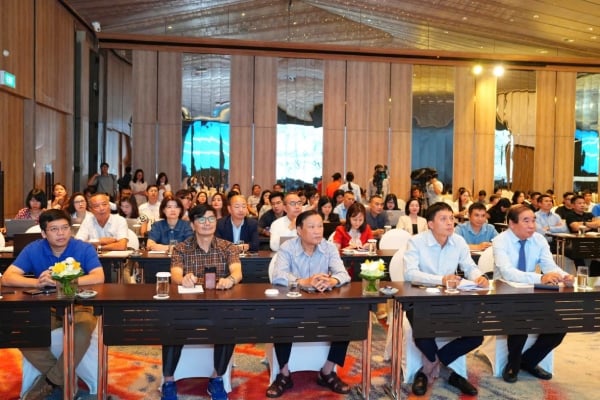
Analyzing further from the business perspective, Mr. Hoa Thai Thanh - representative of Vietnam Technology Solutions JSC pointed out specific "bottlenecks". According to Mr. Thanh, the industrial sector accounts for more than 50% of the total energy consumption nationwide, with the potential to save up to 20-35%. Although the opportunities are huge, businesses face a series of multi-dimensional barriers.
He listed a series of problems, first of all financial, when the initial investment costs are too high and businesses have difficulty accessing preferential loans. Besides, there are legal barriers, with incomplete law enforcement and the lack of a complete legal corridor for advanced models such as Energy Service Companies (ESCOs).
Regarding internal management, many businesses still lack specialized staff, while the market also has unfair competition problems, reducing customer confidence.
"Many businesses are still afraid of change, prioritizing maintaining production rather than investing in new technology. The use of old, outdated equipment is still common, causing great energy loss," Mr. Thanh said.
Leverage to untie the knot
Faced with challenges, the National Assembly's approval of the Law amending and supplementing a number of articles of the Law on Economical and Efficient Use of Energy in June 2025 is considered a breakthrough solution.
According to Dr. Nguyen Thang Long - Vice President of the Vietnam Association for Science and Technology for Energy Conservation and Efficiency (VECEA), the revised law is expected to bring about positive and fundamental impacts.
The new law will help improve the effectiveness of state management by strengthening the responsibilities of parties and adding strong sanctions. At the same time, the law will clarify and increase the feasibility of incentive policies, especially financial support tools. This will also promote the development of the energy services market, reform administrative procedures and ensure Vietnam's compatibility with international commitments.
For the amended law to truly come into effect, Mr. Hoa Thai Thanh recommended that there needs to be synchronous actions from both sides.
On the part of the State management agency, the representative of Vietnam Technology Solutions JSC proposed to soon issue sub-law documents, shift from incentive mechanisms to binding sanctions, complete the legal corridor for the ESCO model, establish support funds and publicize the list of qualified consulting units to make the market healthy.
On the business side, Mr. Thanh said that there is a need to be more proactive in energy auditing, building management systems, updating legal regulations and choosing reputable consulting partners.
Source: https://doanhnghiepvn.vn/kinh-te/go-rao-can-trong-su-dung-nang-luong-tiet-kiem-hieu-qua/20250925084113751



![[Photo] Unique art of painting Tuong masks](https://vphoto.vietnam.vn/thumb/1200x675/vietnam/resource/IMAGE/2025/11/14/1763094089301_ndo_br_1-jpg.webp)
![[Photo] Deep sea sand deposits, ancient wooden ship An Bang faces the risk of being buried again](https://vphoto.vietnam.vn/thumb/1200x675/vietnam/resource/IMAGE/2025/11/13/1763033175715_ndo_br_thuyen-1-jpg.webp)


![[Photo] Special class in Tra Linh](https://vphoto.vietnam.vn/thumb/1200x675/vietnam/resource/IMAGE/2025/11/14/1763078485441_ndo_br_lop-hoc-7-jpg.webp)
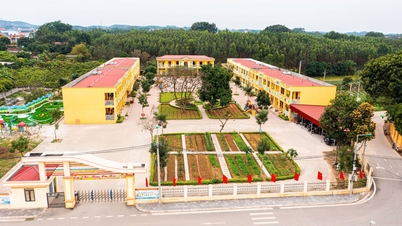

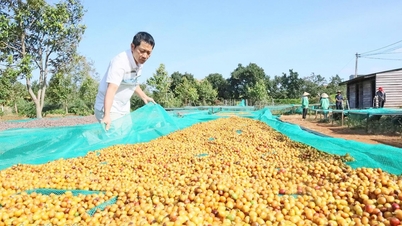

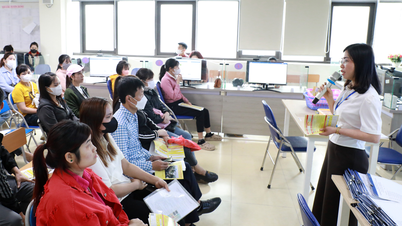
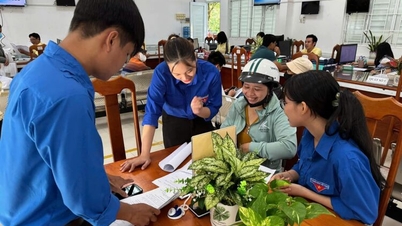

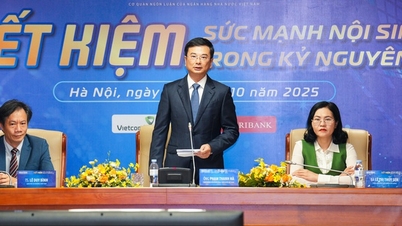

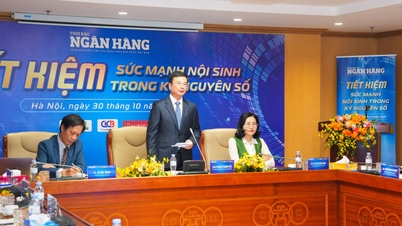

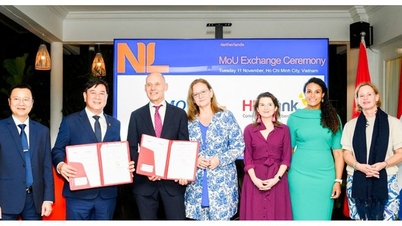

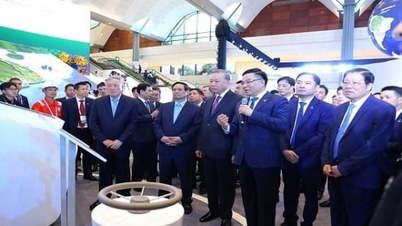

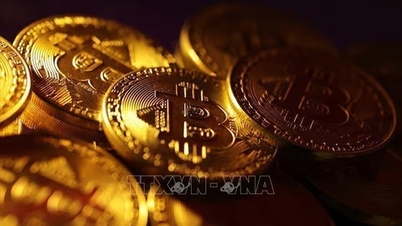

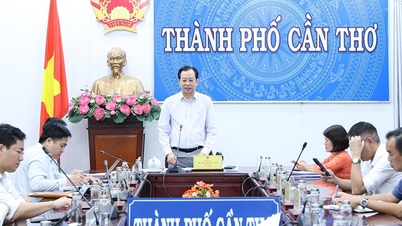





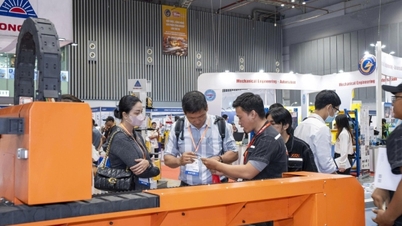

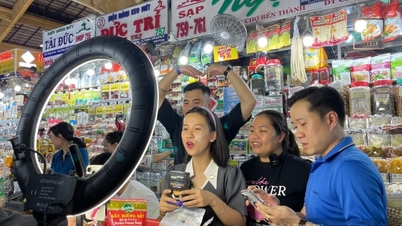









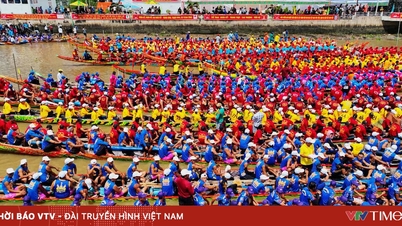

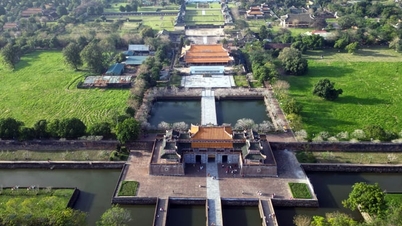







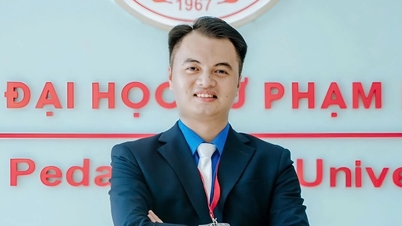





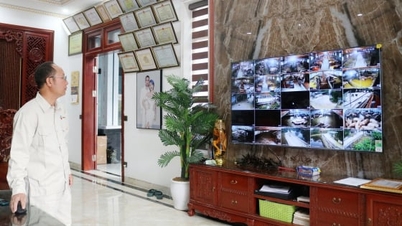
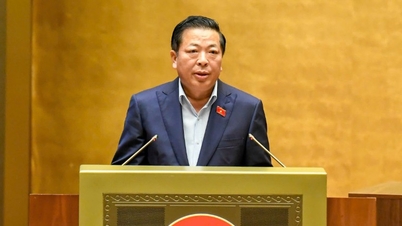















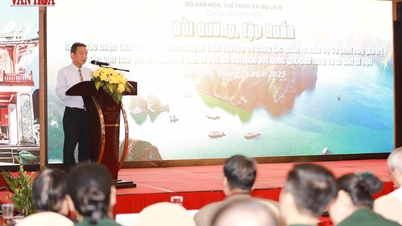

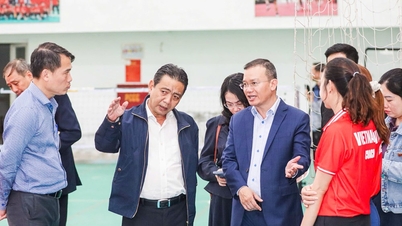
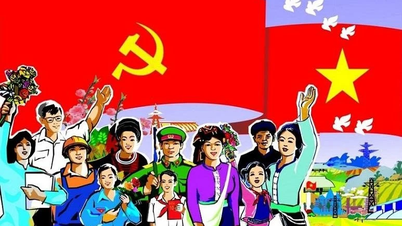
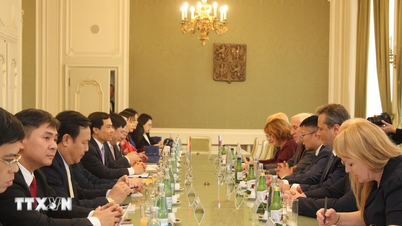



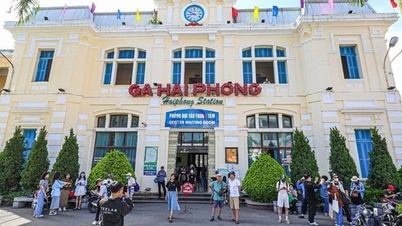



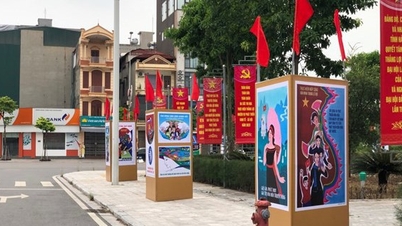
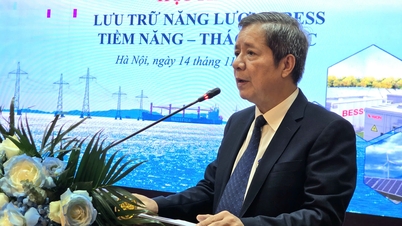
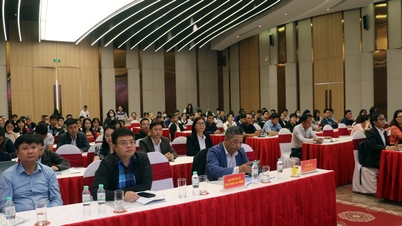



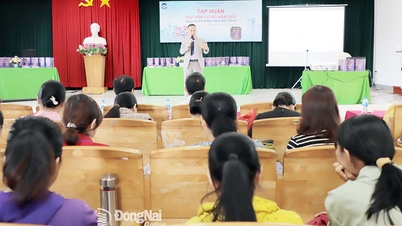

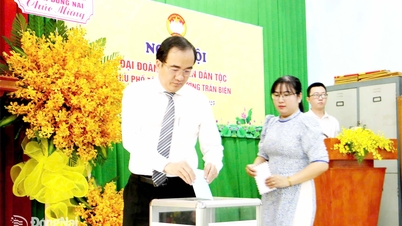
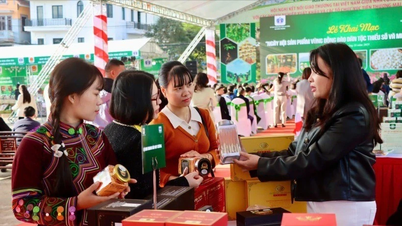








![Dong Nai OCOP transition: [Article 3] Linking tourism with OCOP product consumption](https://vphoto.vietnam.vn/thumb/402x226/vietnam/resource/IMAGE/2025/11/10/1762739199309_1324-2740-7_n-162543_981.jpeg)






Comment (0)